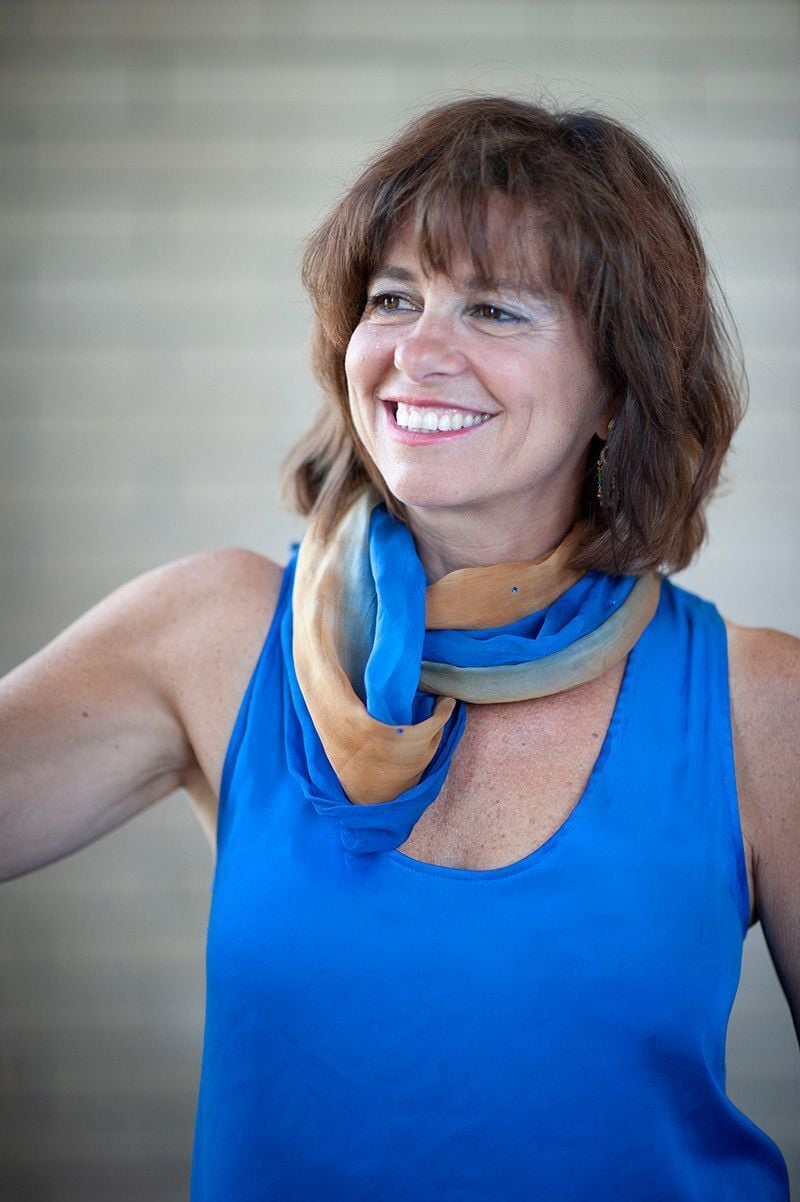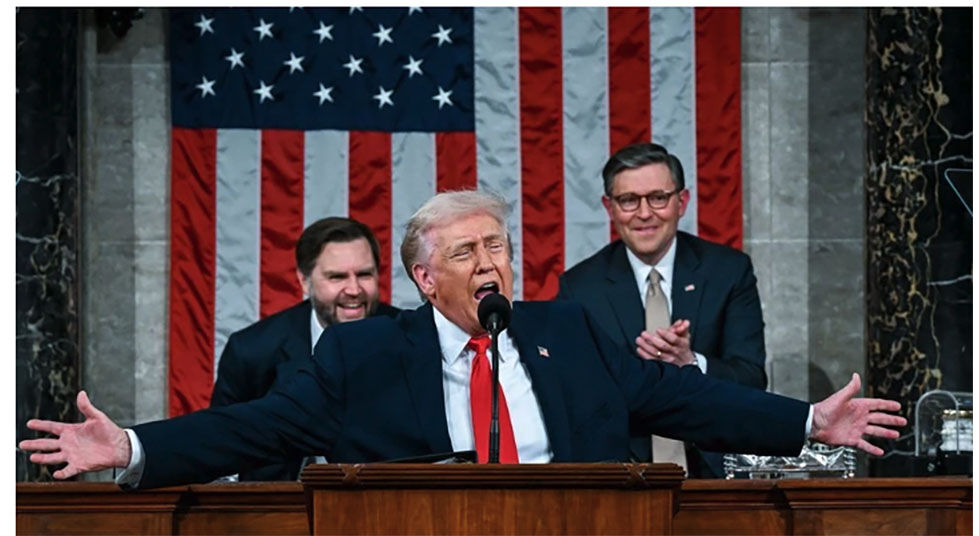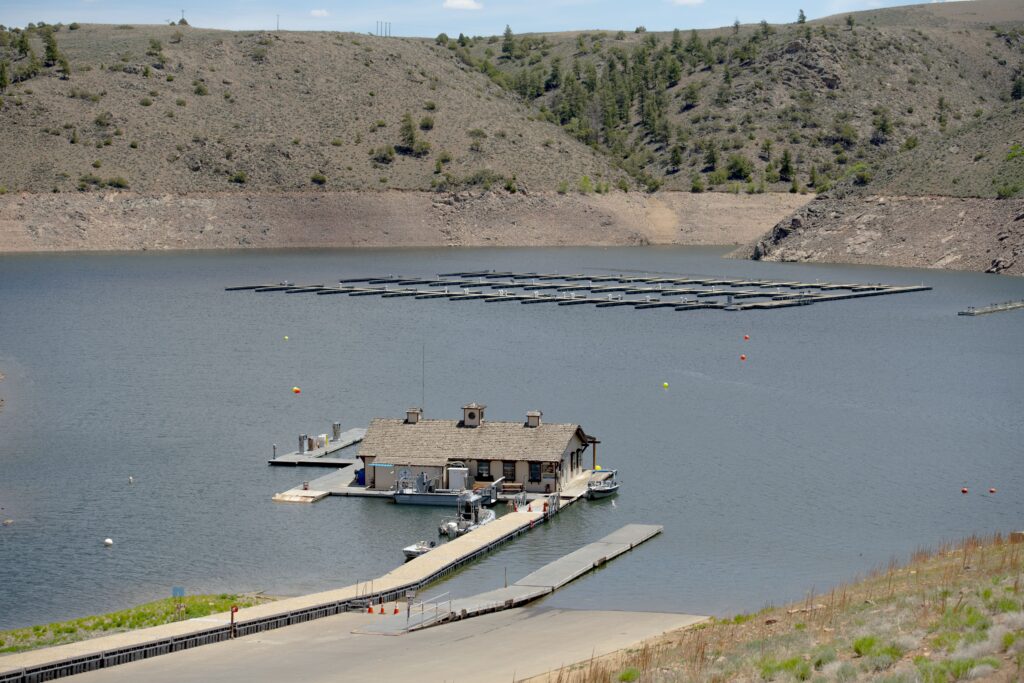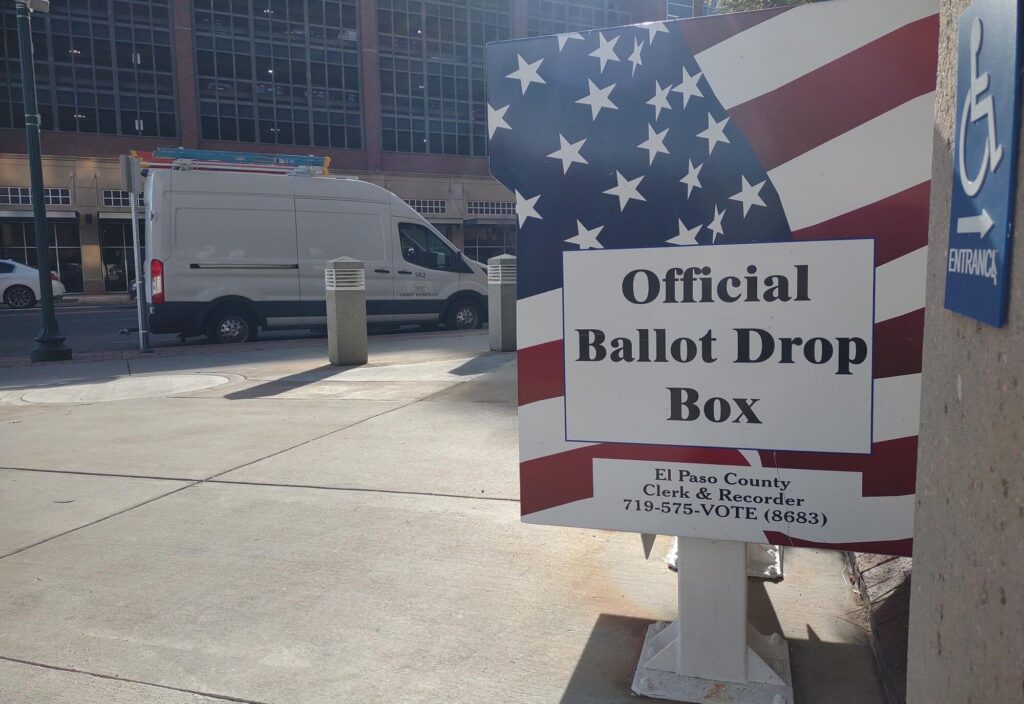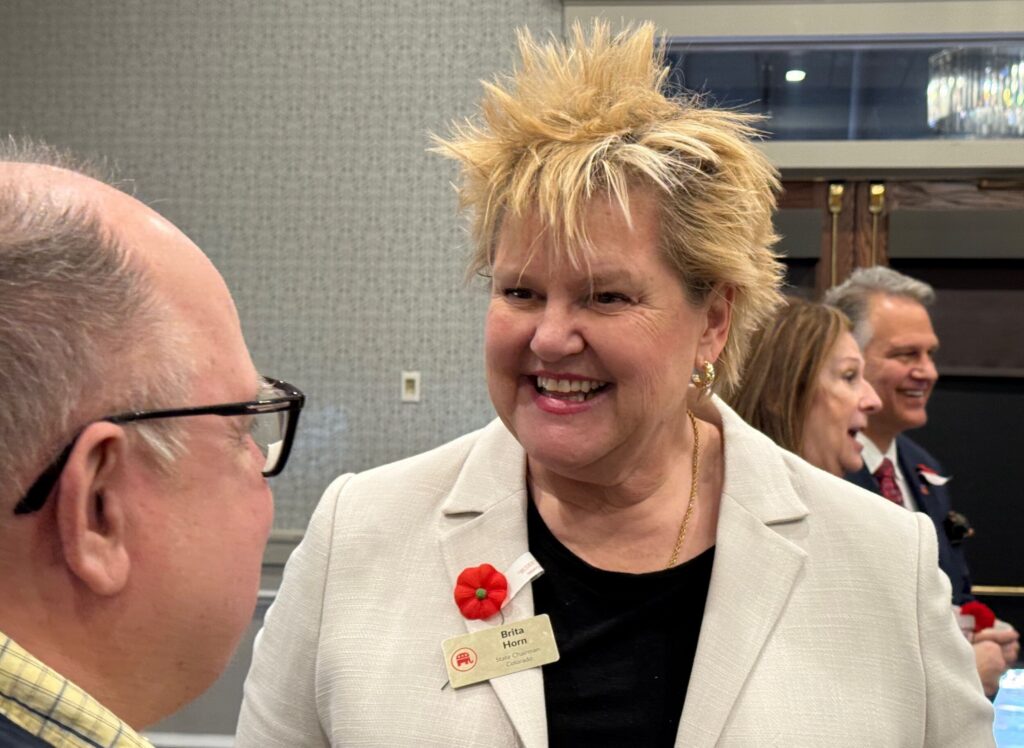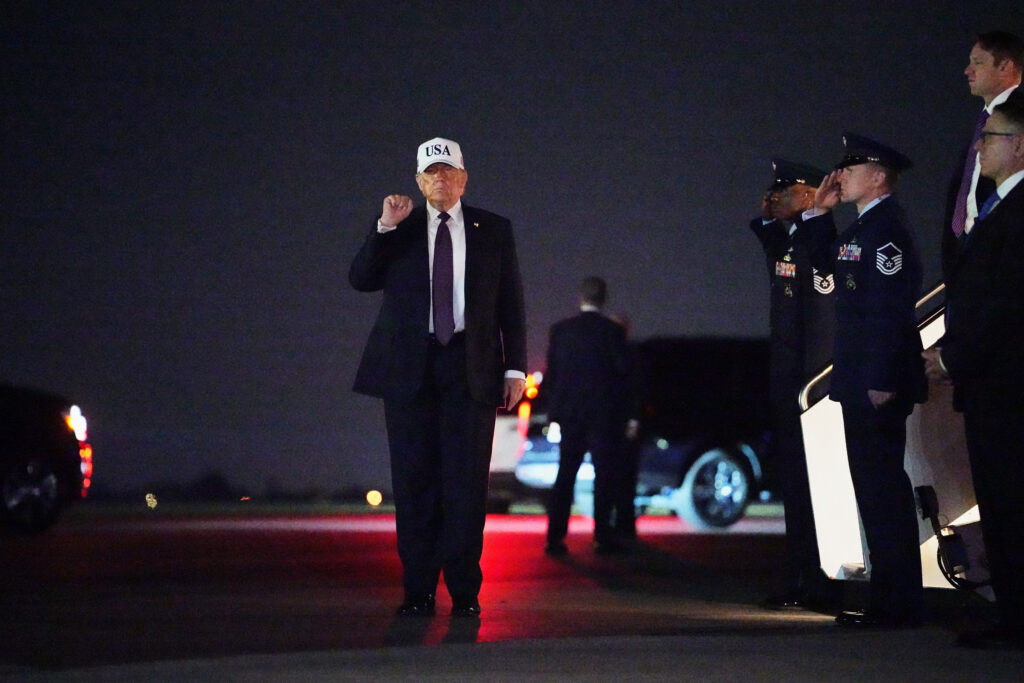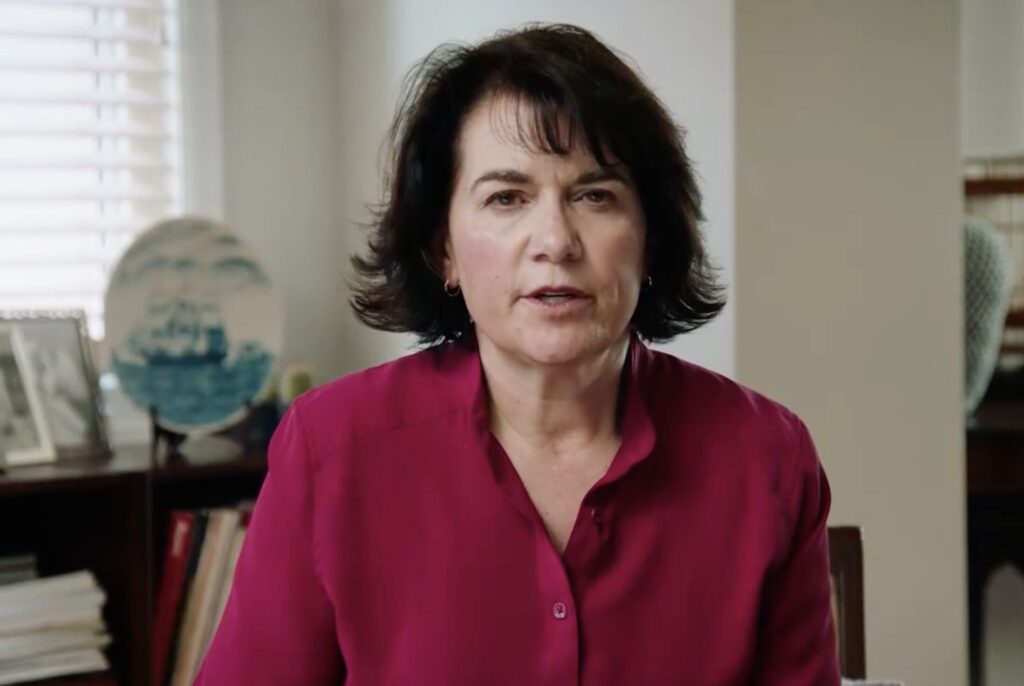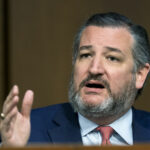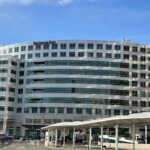WATCH: Denver town hall tackles Israel-Hamas war 100 days after it started

The Denver Gazette, Colorado Politics and 9News are partnering with the University of Denver on a town hall discussion on the Israel-Hamas War: 100 Days Later.
Watch the livestream here:
The panel discussion will be held in front of a live audience on Jan. 17, from 5 to 7:30 p.m. at Maglione Hall on the DU campus, and will also be livestreamed on denvergazette.com, coloradopolitics.com and 9news.com.
You can register for the live event, part of The Gazette’s Colorado Conversations series, at denvergazette.com/war.
The panel will be moderated by Micheline Ishay, professor of international studies and human rights and director of the Center of Middle East Studies, Josef Korbel School, University of Denver.
The panel will include experts in Judaic studies, Arab studies, history, war, culture and human rights, and experts will include Jews, Muslims and Christians. The Denver Gazette, Colorado Politics and 9News will partner with DU on the panel discussion and livestream it on their websites.
The panelists are:
? Ahmed AbdRabou, assistant teaching professor, Josef Korbel School, University of Denver.
? Jonathan Sciarcon, associate professor, Department of History and Judaic Studies, University of Denver.
? Gary Grappo, former U.S. ambassador in the Middle East and distinguished fellow of the Center for Middle East Studies, Josef Korbel School, University of Denver.
? Karim Mattar, associate professor, department of English, University of Colorado, Boulder.
Students, leaders from the community, scholars and people who are internationally interested will be in attendance.
The panelists also will reserve time for questions from the live audience.
If you’d like to submit a question for panelists ahead of time, please send it to Rudy Vasquez at rudy.vasquez@gazette.com.
Refreshments will be served during the conversation.
Given the level of tensions on campuses over the Israel-Hamas war, Ishay believes meaningful campus discussions of all facets of the Israel-Arab conflict are more important than ever.
“It’s important on many levels, first because political discourse has really eroded on many campuses in the United States,” Ishay said. “People no longer know how to have robust conversations. We’d like to model and showcase how to have critical engagements in the spirit of civil discourse.”
